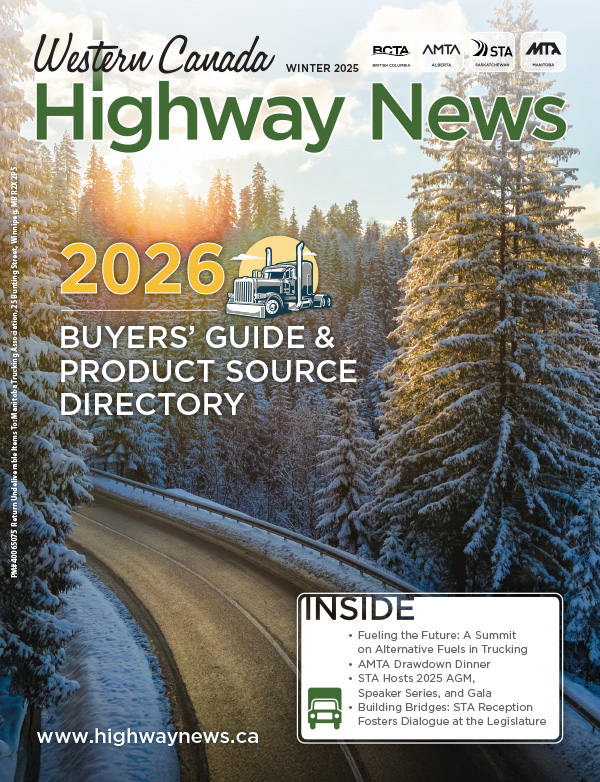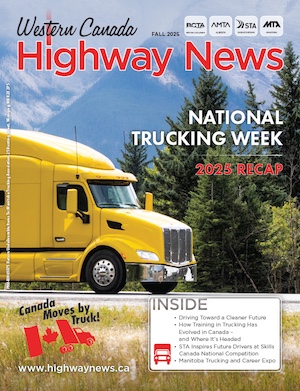The Saskatchewan Trucking Association still opposes the implementation of the federal carbon tax. Because Saskatchewan is a listed province (a backstop jurisdiction the federal government forced the tax on), Saskatchewan companies are required to track the location of diesel fuel purchases and the where this fuel is consumed.
This requirement and the carbon tax overall are placing an administrative burden on companies in Saskatchewan. This burden creates an uneven playing field that may make small local companies less competitive as they try to keep up with extra costs.
The carbon tax requirements are a big change for companies. The STA asserts that companies were not properly notified of the requirement to register with CRA in regards to the federal carbon charge. Due to this lack of communication, there are companies that have failed to register. Those who fail to register will be charged $2,000, which the STA sees as an unreasonable fine that was avoidable.
Additionally, there has been a lack of clarity from the federal government on how companies are to report their fuel purchasing and consumption, when trucking companies will be charged for the tax, and when they will be refunded.
“The Saskatchewan Trucking Association has opposed this taxation since it was announced. Even if the end cost is ultimately passed on, the burden that this places on trucking companies is excessive. Companies who cannot comply in time will be fined – that is yet another burden this tax brings. This has left many companies scrambling, and we are only at the registration phase,” says STA Executive
Director Susan Ewart.
The trucking industry is supportive of emission reduction, but the federal carbon tax is not the best solution. Many members of the STA spend significant time and money investing in greener fleets. The carbon tax system will take time and money away from fleets that could and should invest in new equipment and technology to help Saskatchewan, and by extension Canada, meet emission reduction requirements.


 1-866-985-9791
1-866-985-9791


